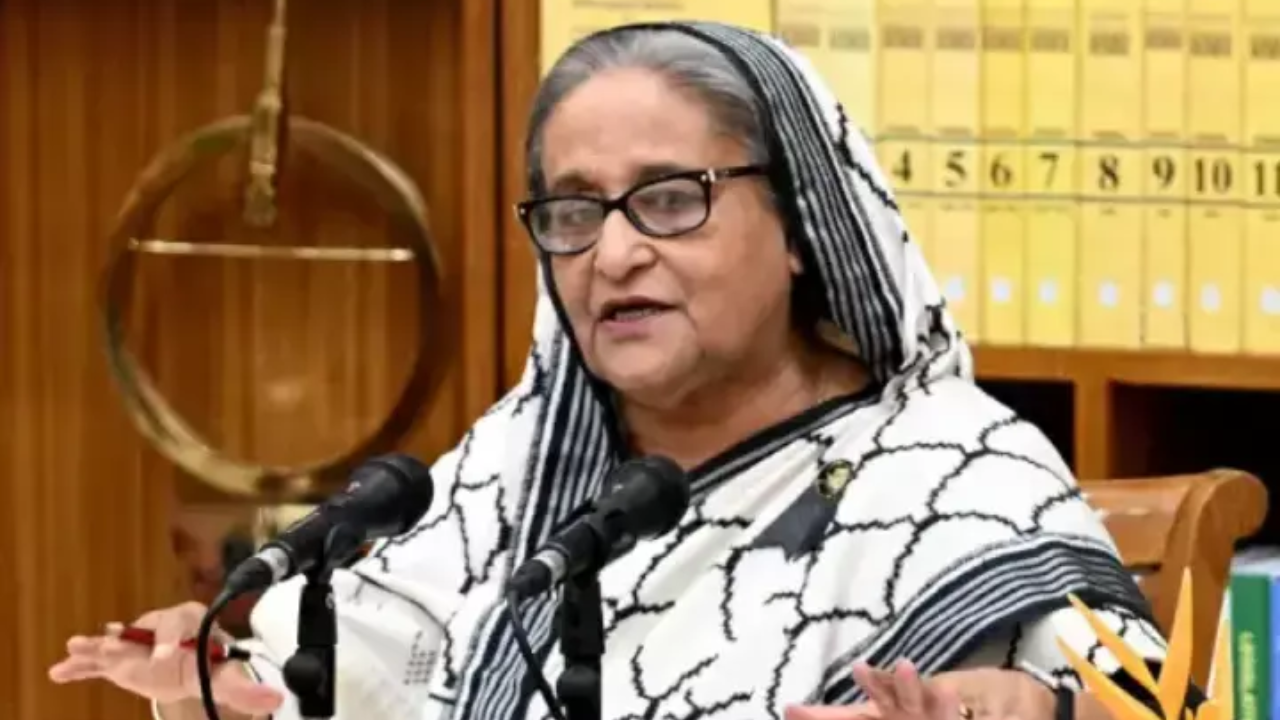Bangladesh will be going to polls – but many opposition leaders are going to jail, and one big party stays banned. The top court upheld a previous ban on Jamaat-e-Islami – Bangladesh’s largest Islamist party – from contesting elections. And a crackdown on anti-government protesters in recent days has seen around 139 senior opposition leaders and activists, mostly from BNP, convicted on various charges. Sure, the opposition has organised some violent protests, the aim being to force PM Hasina to conduct general elections – scheduled for January 7 – under a neutral caretaker government. But since the caretaker system in Bangladesh was abolished by the 15th Amendment to its constitution in 2011, BNP is just doing street theatre when demanding restoration of the caretaker system.
But what raises eyebrows and concerns is the vacuum previously occupied by the opposition. Marginalising mainstream opposition parties is an invitation to radical elements in Bangladeshi politics. This is bad for both Bangladesh and Hasina’s party Awami League. There have been reports of Jamaat and BNP activists joining Awami’s grassroots bodies. These restive defectors can pose a challenge to the Awami leadership from within. Then there is the US factor. Washington is clearly concerned about charges of authoritarianism against Hasina and is viewing Bangladesh as part of its larger strategic tussle with China. Add to this Bangladesh’s economic problems: forex reserves have dipped to $20 billion, barely enough for three months of imports, and inflation touched 9.6% in September.

So, multiple pressure points are building up for Hasina. Unless the opposition is given the space it should have, radical elements will create space they don’t currently have. That’s terrible news for India. A radicalised Bangladeshi establishment can bring Pakistan back into play. New Delhi should tell Hasina to change tack, in its, and her, interest.

